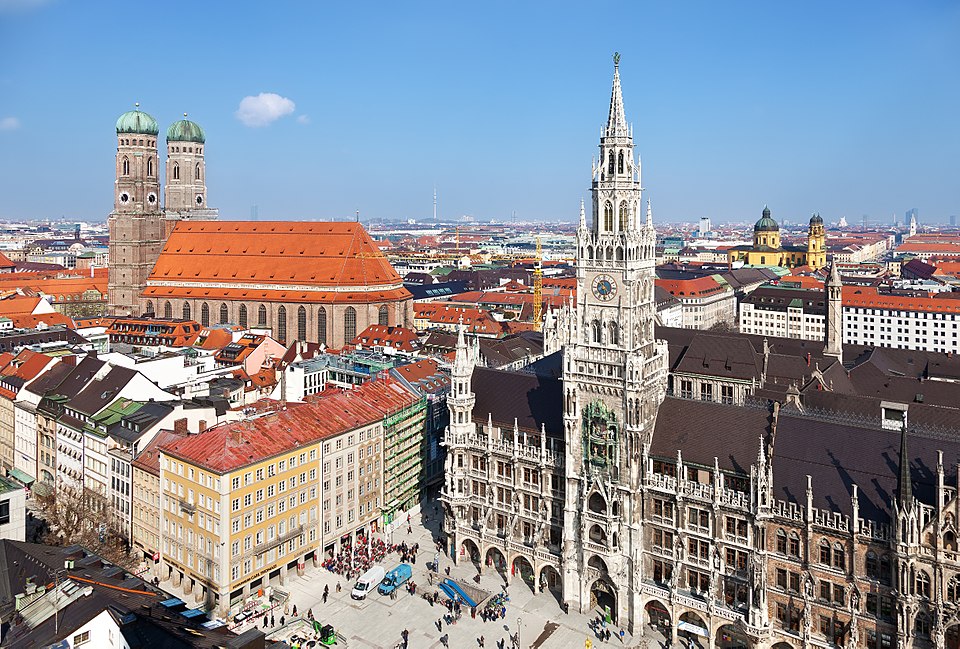

Curated experiences in München
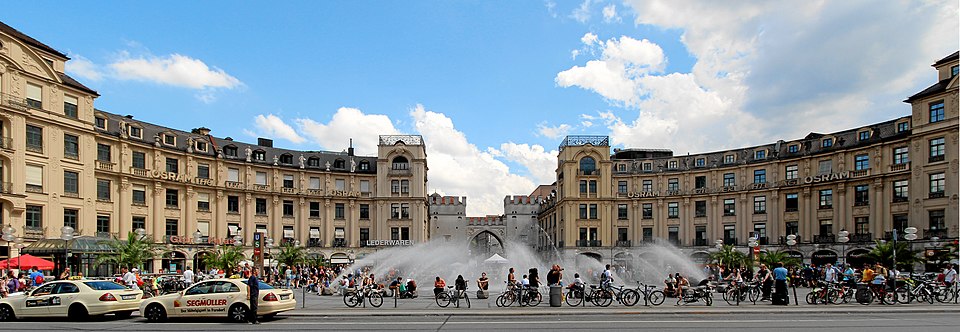
Stachus is a large square in central Munich, Bavaria. The square was officially named Karlsplatz in 1797 after the unpopular …
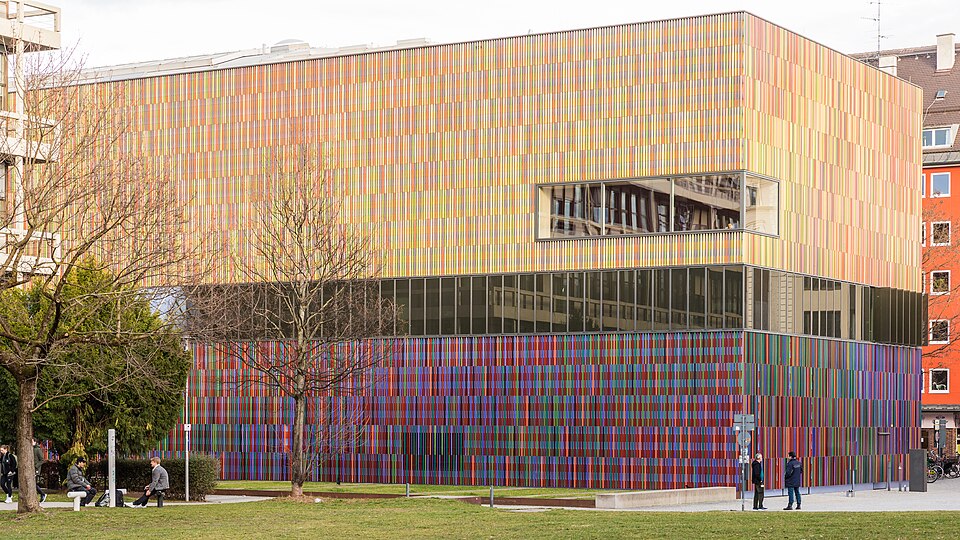
The Brandhorst Museum was opened in Munich on 21 May 2009. It displays about 200 exhibits from the modern art …
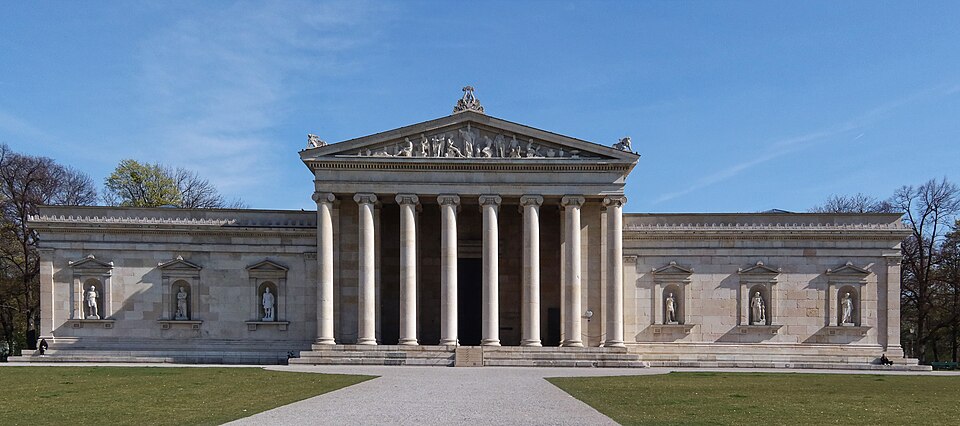
The Glyptothek (German: [ɡlʏptoˈteːk] ) is a museum in Munich, Germany, which was commissioned by the Bavarian King Ludwig I …
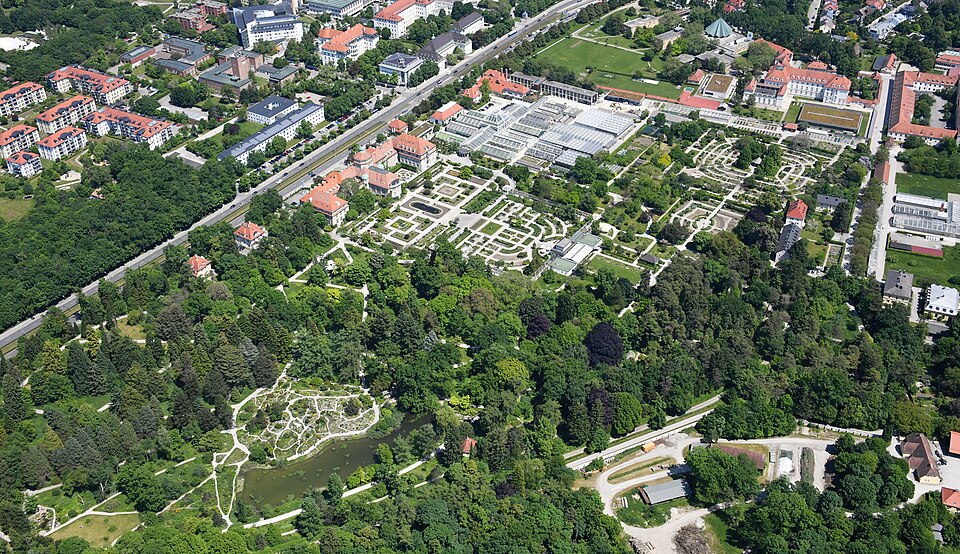
The Botanischer Garten München-Nymphenburg is a botanical garden and arboretum in Munich, Germany.
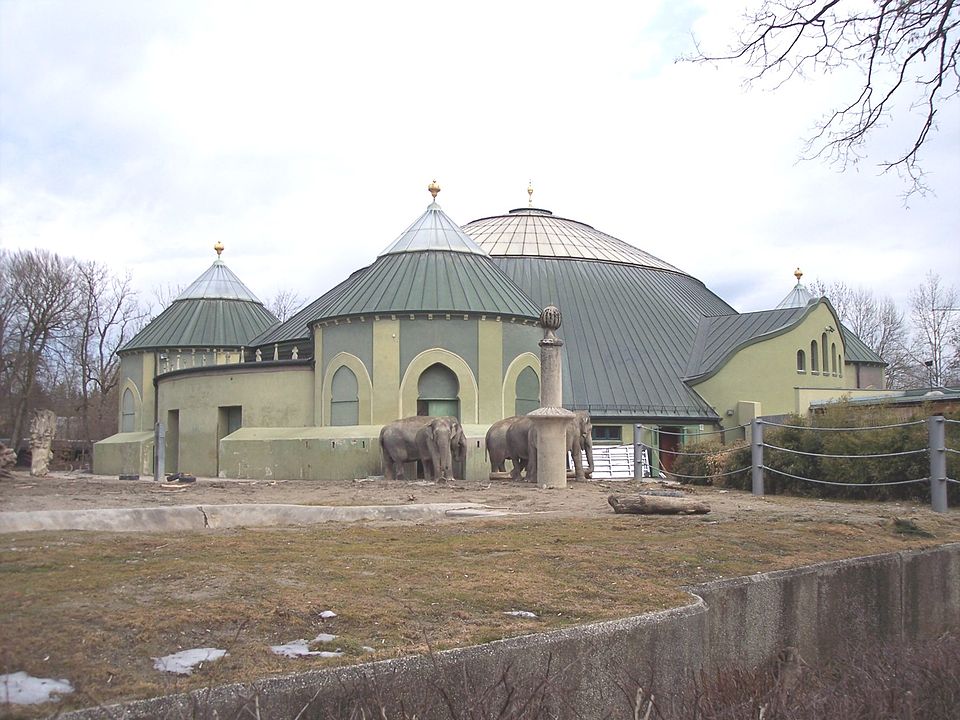
Hellabrunn Zoo (German: Tierpark Hellabrunn) is a 40 hectare (99 acre) zoological garden in the Bavarian capital of Munich. The …
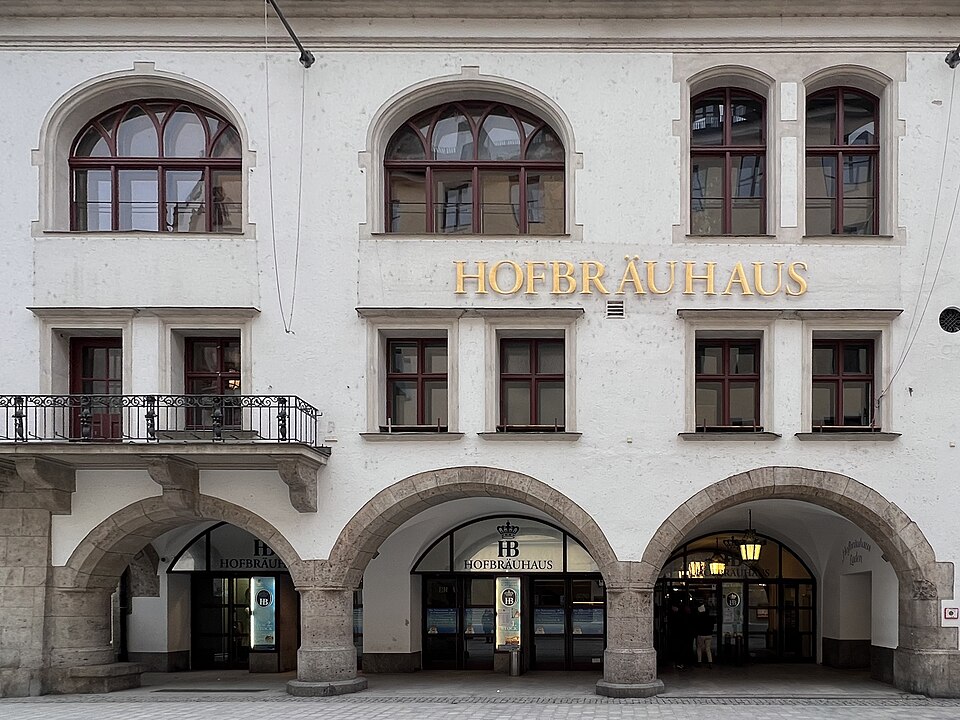
The Hofbräuhaus am Platzl is a beer hall in Munich, Bavaria, Germany, originally built in 1589 by Bavarian Duke Maximilian …
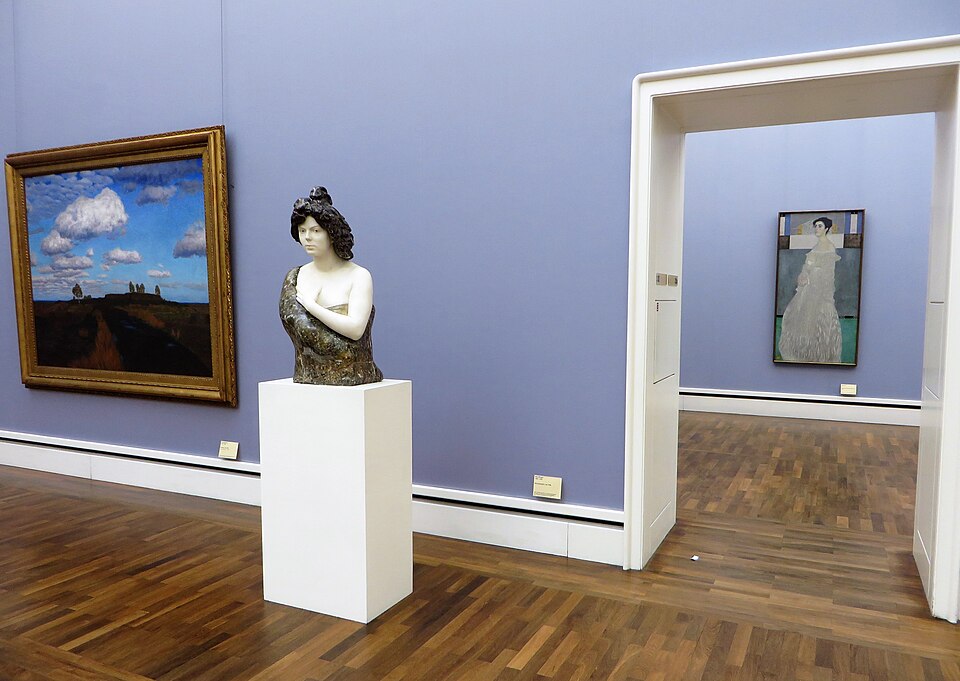
The Neue Pinakothek (German: [ˈnɔʏ.ə pinakoˈteːk], New Pinacotheca) is an art museum in Munich, Germany. Its focus is European Art …
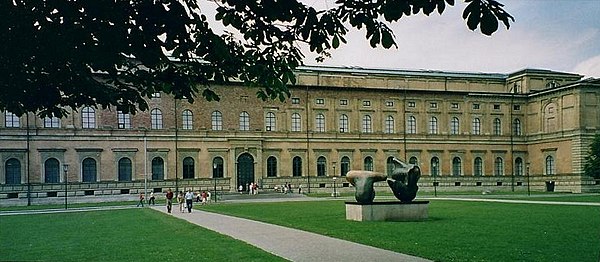
The Alte Pinakothek (German: [ˈʔaltə pinakoˈteːk] , Old Pinakothek) is an art museum located in the Kunstareal area in Munich, …
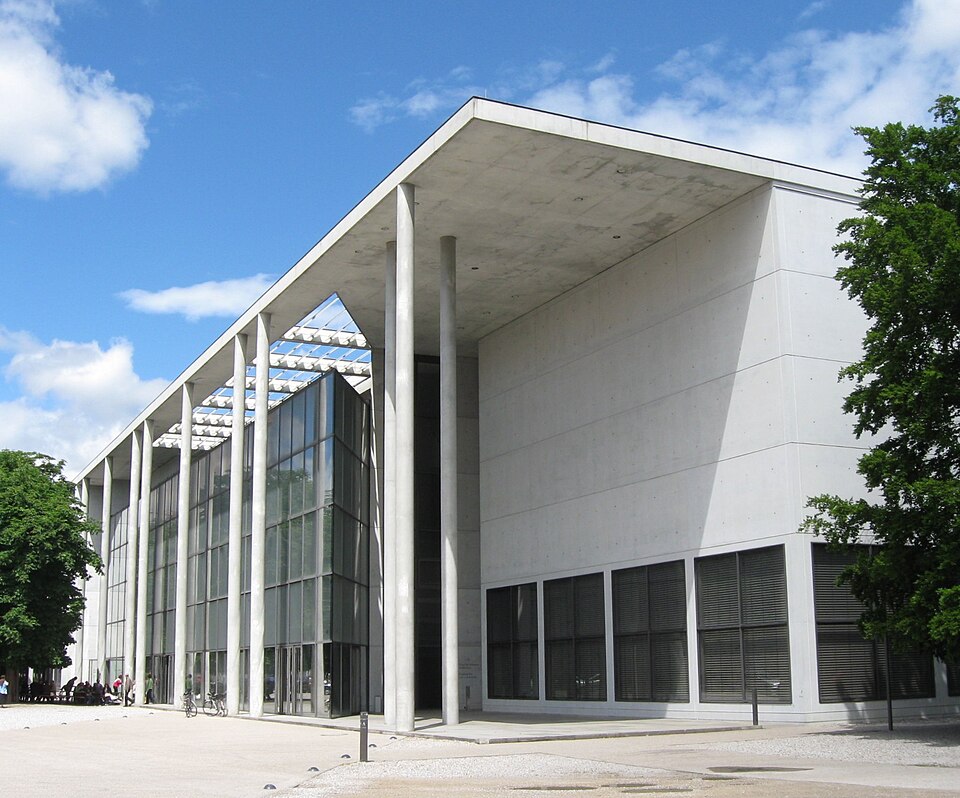
The Pinakothek der Moderne (German: [pinakoˈteːk deːɐ̯ moˈdɛʁnə], Pinakothek of the Modern) is a modern art museum, situated in central …
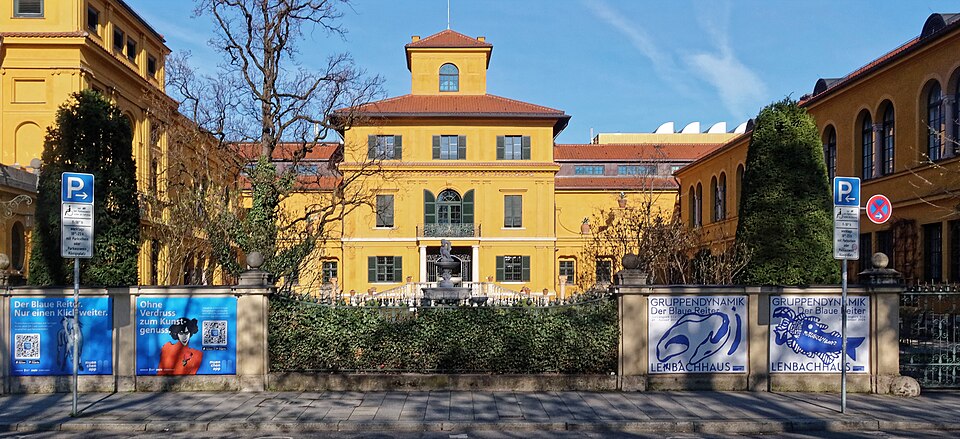
The Lenbachhaus (German: [ˈlɛnbaxˌhaʊs]) is a building housing the Städtische Galerie (English: Municipal Gallery) art museum in Munich's Kunstareal.
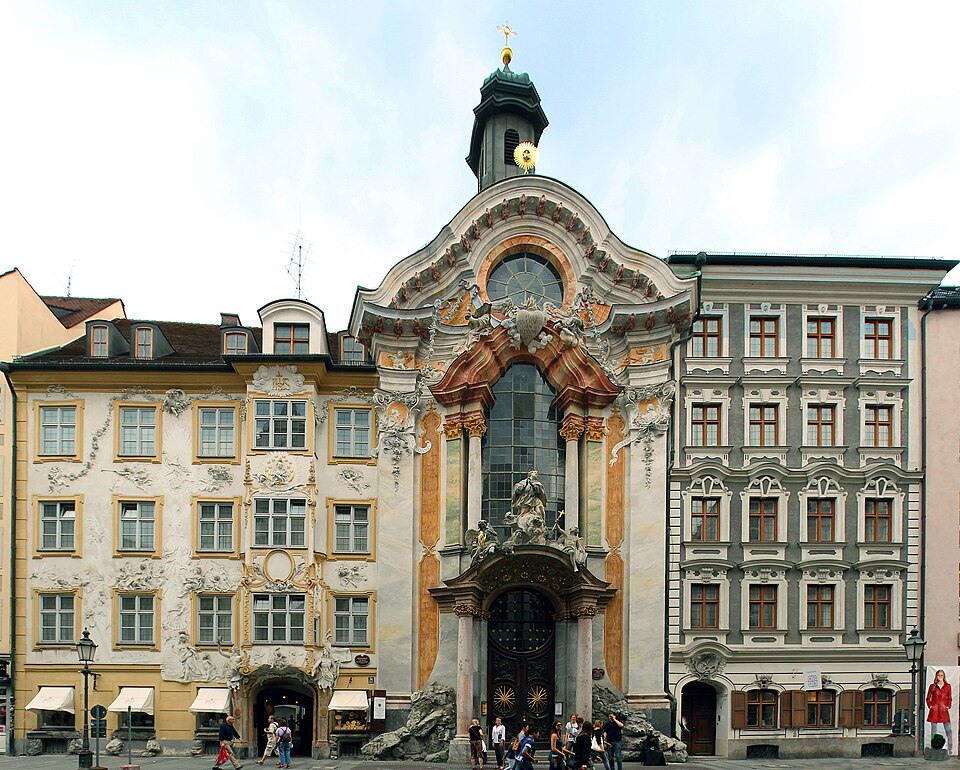
St. Johann Nepomuk, better known as the Asam Church (German: Asamkirche), is a Baroque church in Munich, southern Germany. It …
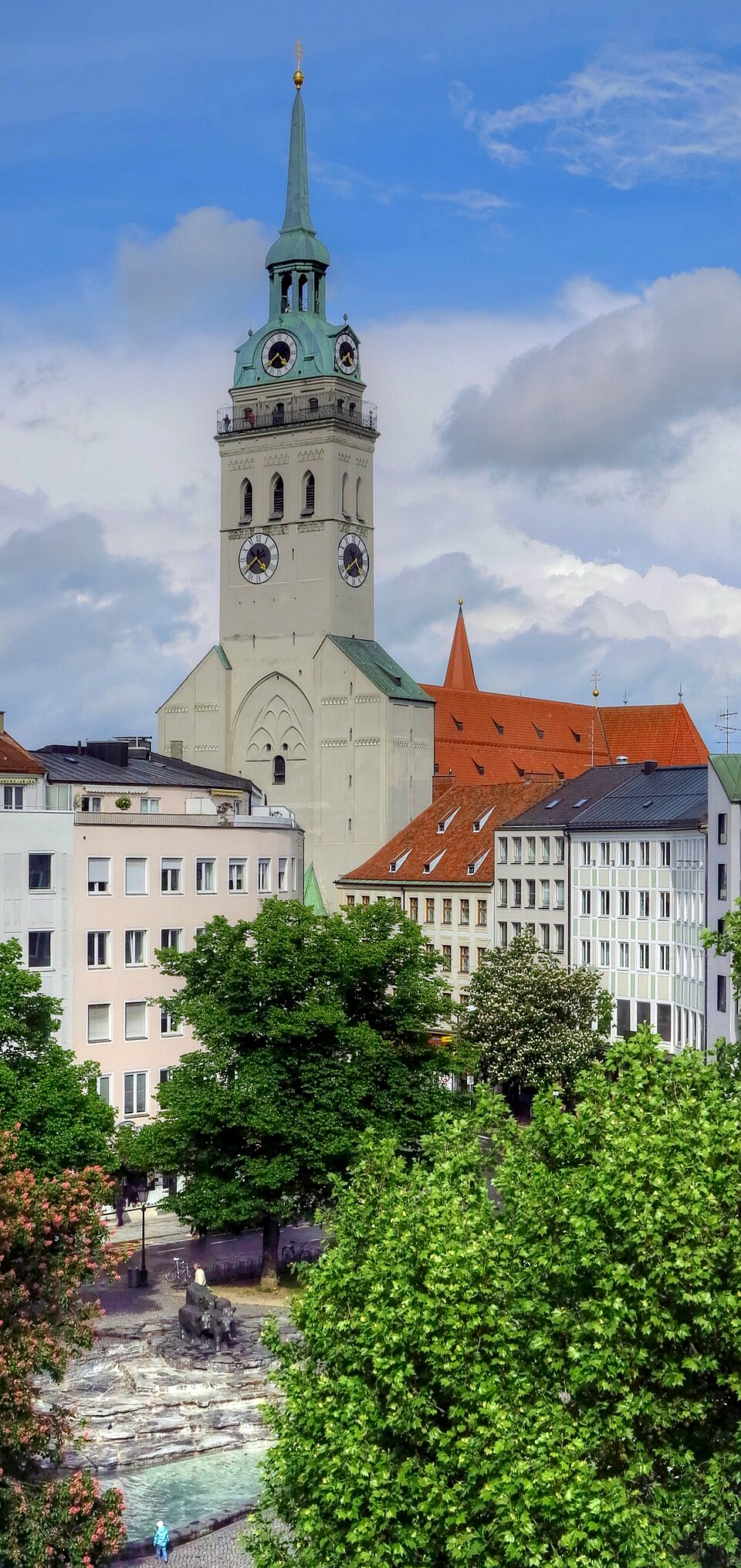
St. Peter's Church is a Roman Catholic parish church in the inner city of Munich, southern Germany. Its 91-metre (299 …
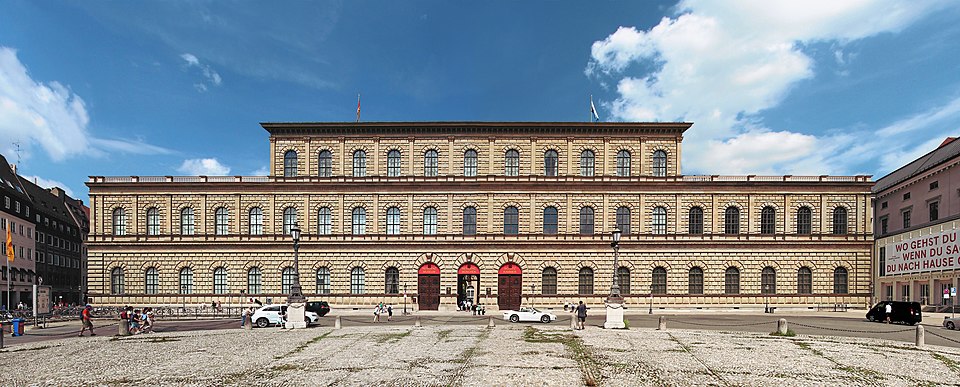
The Residenz (German: [ʁesiˈdɛnts], Residence) in central Munich is the former royal palace of the Wittelsbach monarchs of Bavaria. The …
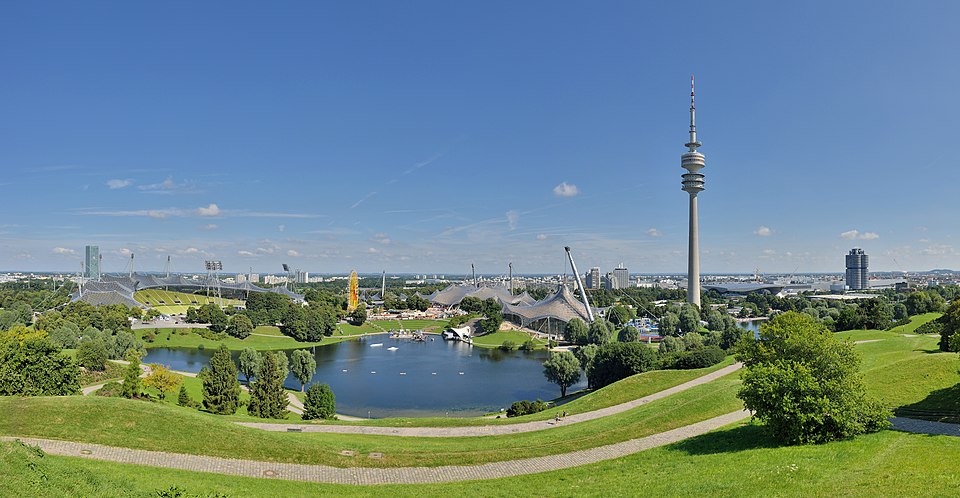
The Olympiapark (English: Olympic Park) in Munich, Germany, is an Olympic Park which was constructed for the 1972 Summer Olympics. …
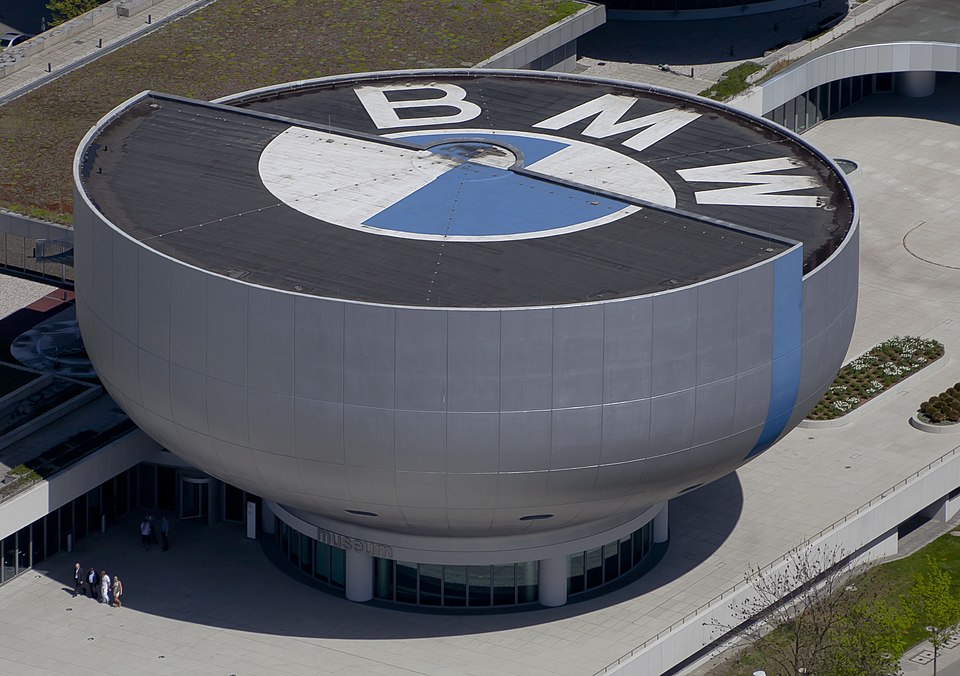
The BMW Museum is the corporate museum of BMW history and was established in 1973, shortly after the 1972 Summer …
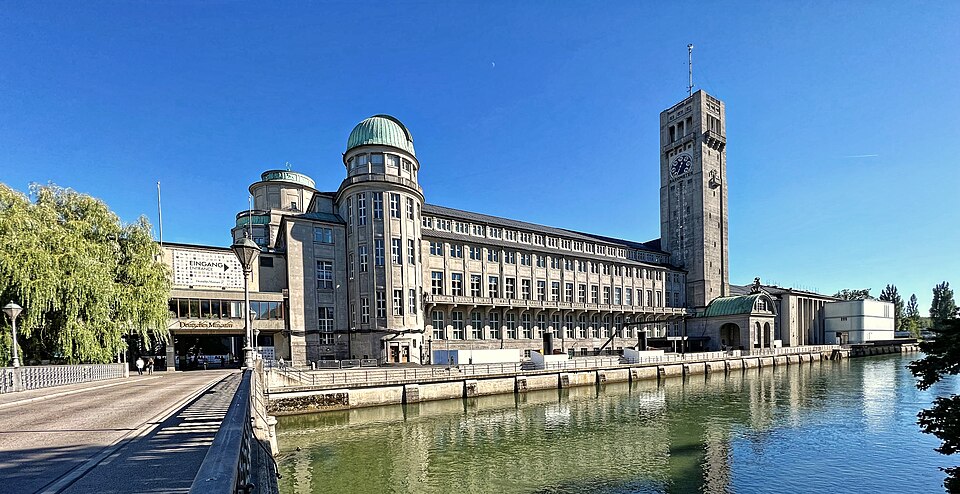
The Deutsches Museum (German Museum, officially Deutsches Museum von Meisterwerken der Naturwissenschaft und Technik (English: German Museum of Masterpieces of …
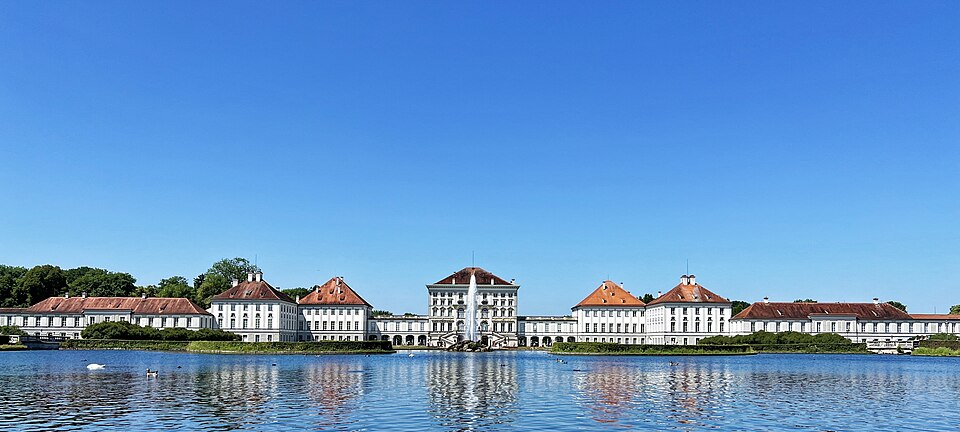
The Nymphenburg Palace (German: Schloss Nymphenburg, Palace of the Nymphs) is a Baroque palace situated in Munich's western district Neuhausen-Nymphenburg, …
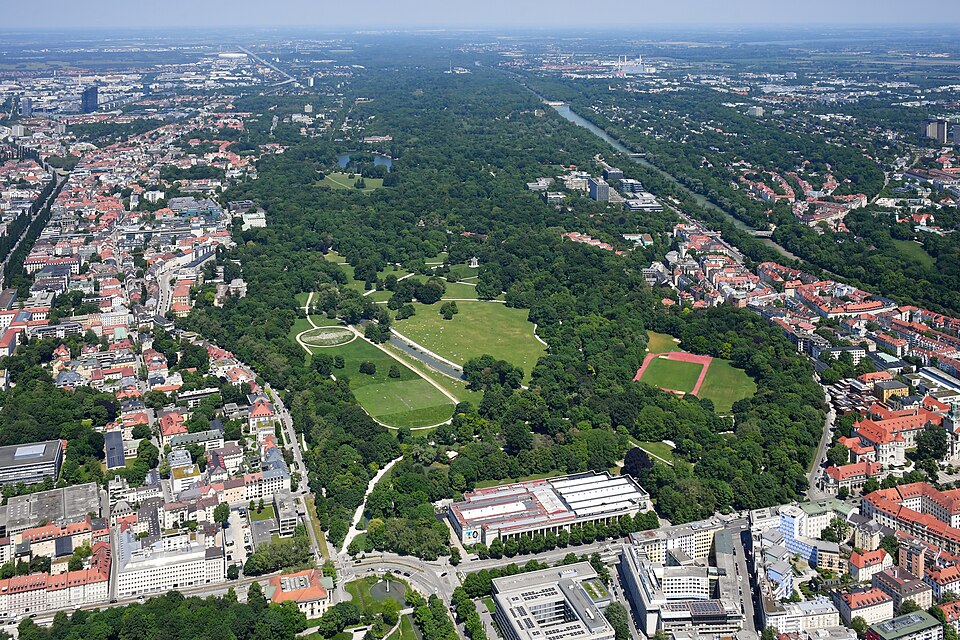
The Englischer Garten (German: [ˈʔɛŋlɪʃɐ ˈɡaʁtn̩], English Garden) is a large public park in the centre of Munich, Bavaria, stretching …
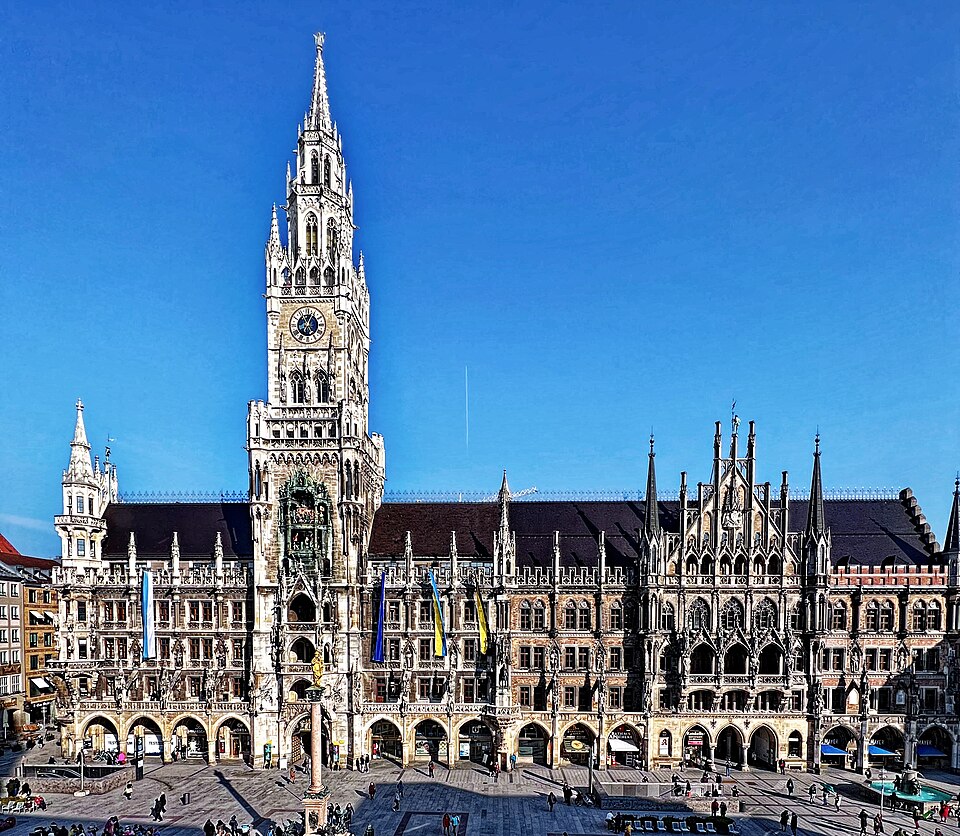
Marienplatz (English: Mary's Square, i.e. St. Mary, Our Lady's Square) is a central square in the city centre of Munich, …
Create a personalized itinerary and unlock the finest experiences München has to offer
Plan Your Trip